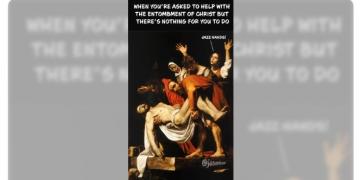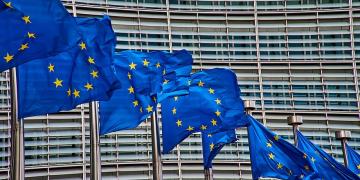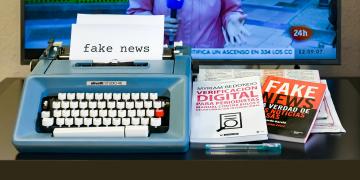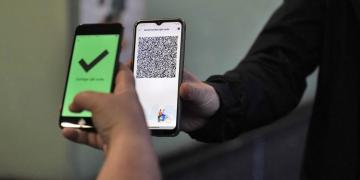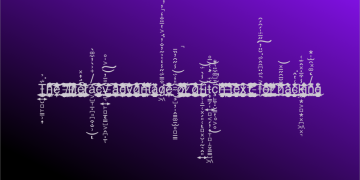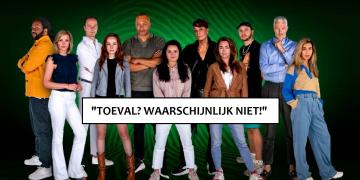Check our wiki on this topic
Dual Readership
Wiki
Dual Readership refers to the process of constructing a work or text, also called crossover literature, which can play to two different levels of understanding for various audiences. This practice is most commonly employed in children’s literature.
Metaphor
Wiki
A metaphor is a trope, or a figure of speech, that directly refers to one thing by mentioning features of another one; an object, or an idea, is viewed as a metaphor which offers people new ways of examining ideas and viewing the world.
Children's Literature
Wiki
Children’s Literature (often abbreviated as CL) is literature written specifically for children, about children, consumed by children and even written by children. It is often also referred as Children and Young Adult Literature because its general audience is less than eighteen years old but also often addresses people in their mid twenties. For instance, picturebooks and YA novels are important book publishing formats in this literature. However, it is mainly adults who are responsible for the production, distribution and reception of children's books.
